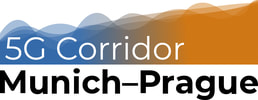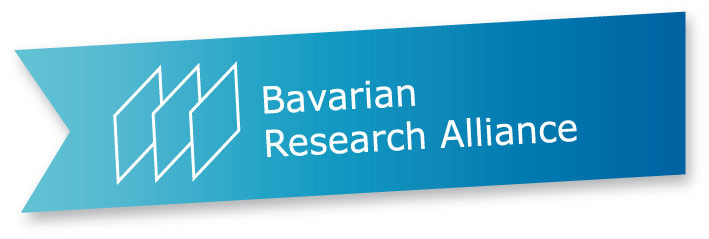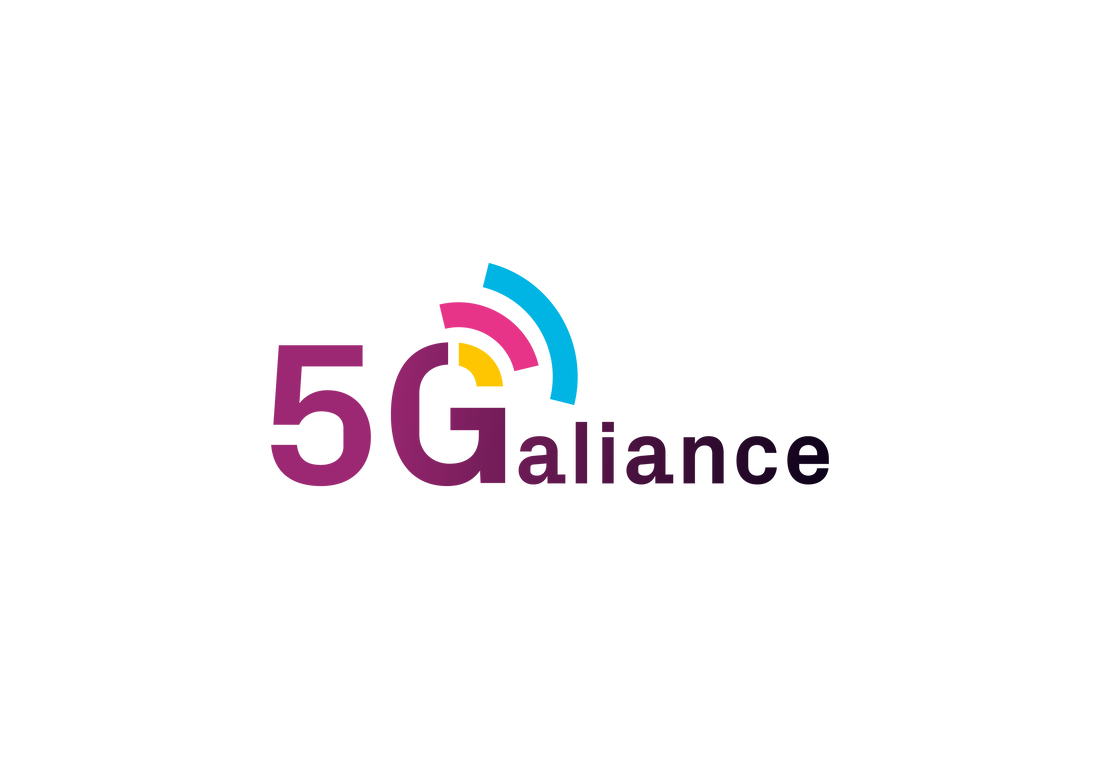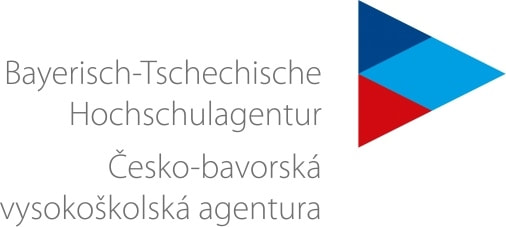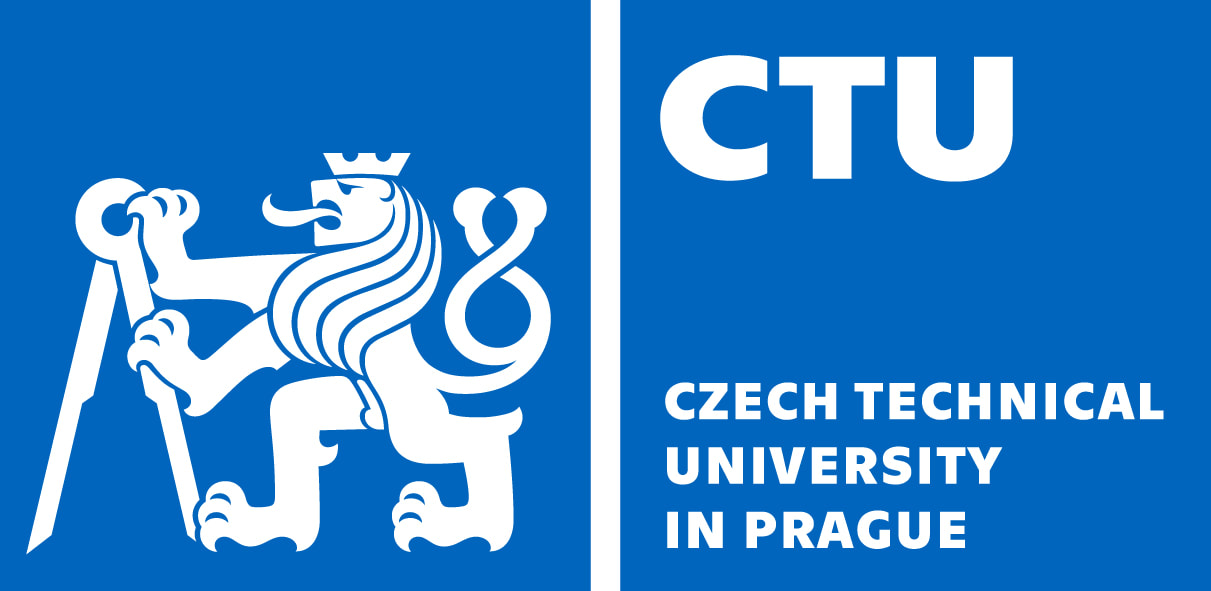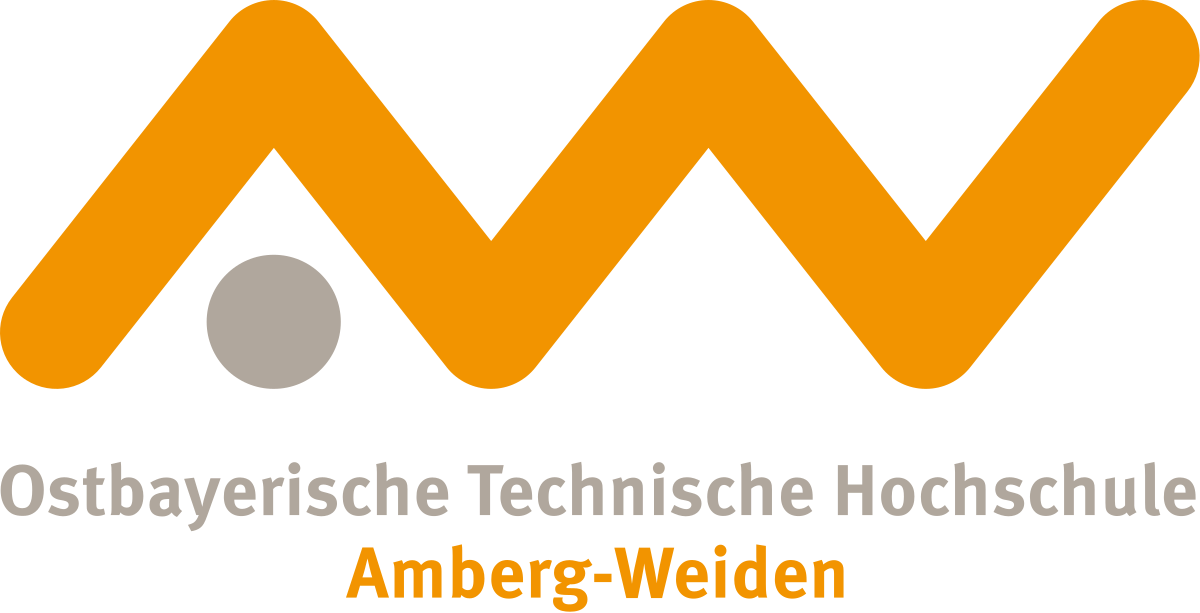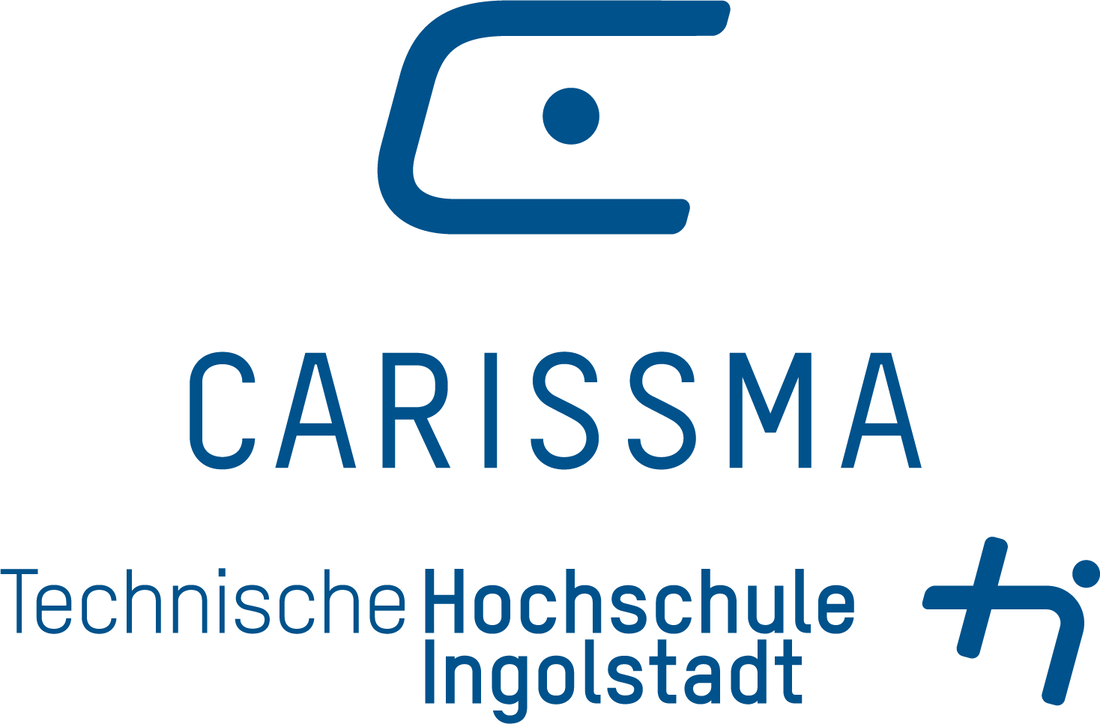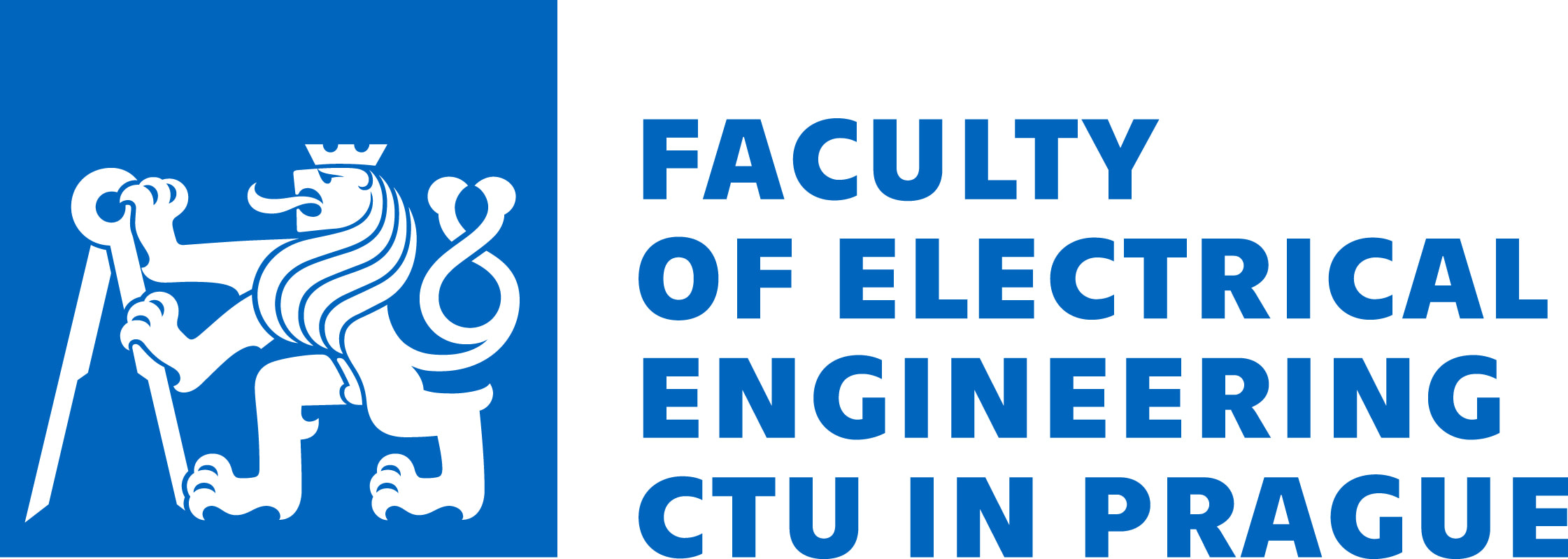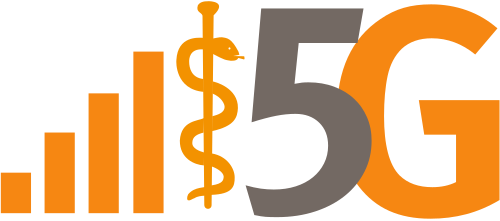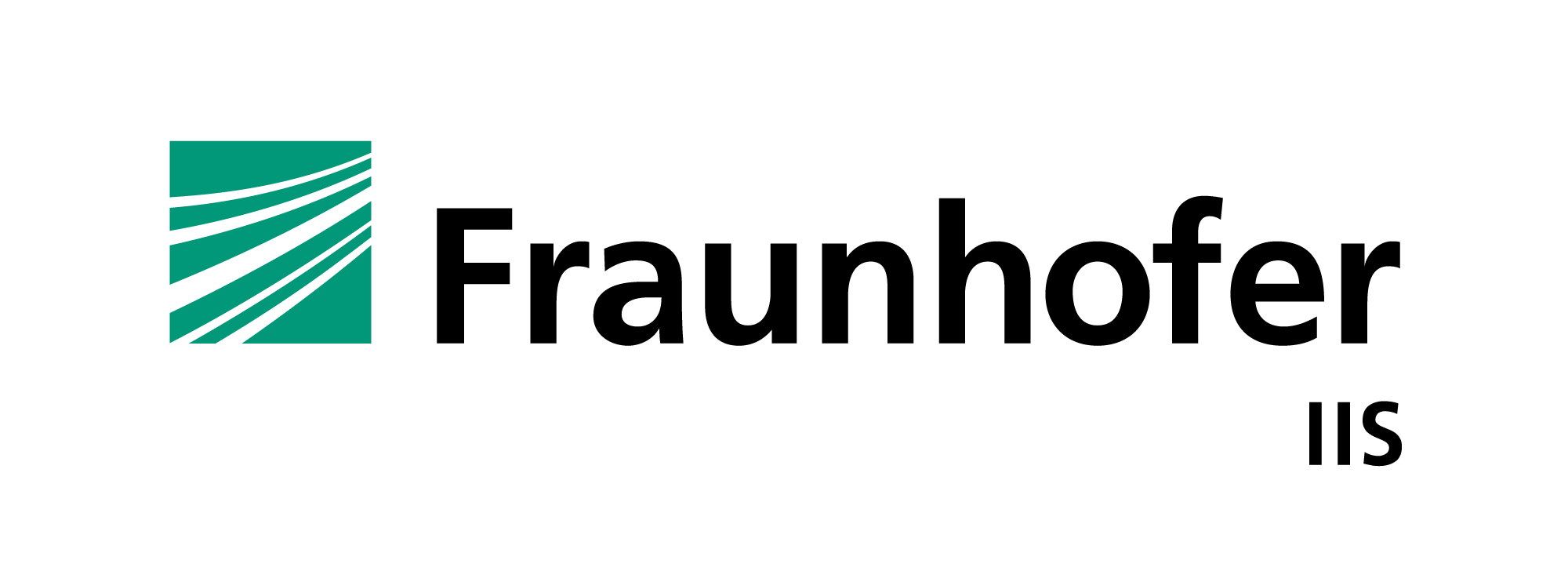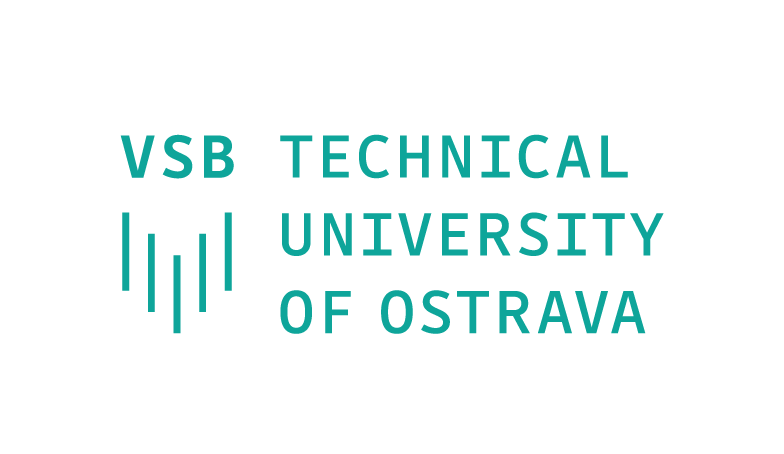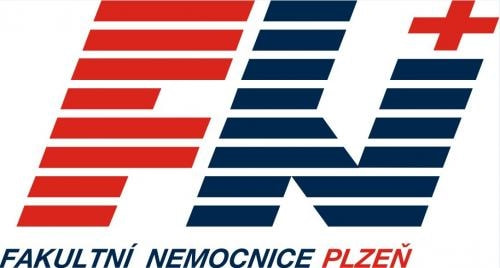The 5G Corridor Munich-Prague, initiated by the Bavarian State Chancellery and the Czech Ministry for Industry and Trade in 2020, is dedicated to advancing digital transformation across borders. This collaborative effort promotes cross-border scientific, technological, and economic cooperation in various 5G application areas, while facilitating the development of 5G infrastructure along the highway connecting Munich and Prague.
In pursuit of these objectives, the 5G Corridor Munich-Prague:
In pursuit of these objectives, the 5G Corridor Munich-Prague:
- Facilitates partnership and consortium formation through themed networking events and personalized matchmaking
- Assists in aligning project ideas with suitable funding opportunities
- Operates its own seed funding program to foster bilateral project development
- Provides guidance and support throughout the grant application process
News & Events
New Autonomous Mobility Plan in Czechia
July 24, 2024 In April 2024, the Czech government unveiled a plan aimed at establishing a favorable environment for the development and operation of autonomous vehicles in the country. More about the plan here |
5G-project in BTHA Joint Call successfulJuly 01, 2024 A 5G-project between TU Munich and Technical University Prague was successful in the “Joint Call Bavaria - Czech Republic 2024 - 2026”. More about the project here |
5G delegation trip to Brno and Prague
June 06, 2024 On 11-12 September 2024, the 5G Corridor Munich-Prague organizes a delegation trip to Brno and Prague for Bavarian researchers. More about the trip here |
Target Topics
- 5G for eHealth
Digital technologies such as 5G mobile communication offer new opportunities to transform the way we receive and provide health and care services. With 5G, better-connected, integrated, and coordinated healthcare can be designed, enabling innovative approaches to independent living and health and social care. This includes the remote monitoring of patients, utilising robots to help surgeons and improve medical outcomes, managing hospitals more effectively, and providing personalized medicine and smarter medication for more effective treatments.
- 5G for Connected Mobility
Mobile communication systems will play a central role in the future transport ecosystem. 5G multi-service networks provide, enable, or support services along roads comprising a broad range of digital services in and around vehicles, for instance safety-related, transport efficiency-related, and other services. Connected vehicles in all modes of transport will be able to access mission-critical information in real time. This will contribute to road safety, to a lower carbon footprint, and to a broad range of digital services for drivers and passengers.
- 5G and Cyber Security
The development of secure technologies and reliable 5G platforms is especially important, as 5G networks will serve not only human users but also connected objects, and cover a wide range of areas including eHealth, transport, energy, and entertainment.
- 5G for Industry 4.0
5G is foreseen as key enabler for the future manufacturing ecosystem termed Industry 4.0. The integration of 5G technologies in the manufacturing ecosystem has great potential to accelerate the ongoing digital transformation of the manufacturing industry at all levels and promises to serve Internet of Things devices to offer scalability for Machine to Machine connectivity. Innovations for Industry 4.0 enabled by 5G include integrated manufacturing applications such as digital twin, industrial robotics, and machine vision based remote operations, as well as a control over time-sensitive internal processes.
- 5G for Smart Regions
Digital solutions such as 5G can help to create places where people enjoy living and working. Cities, communities, and regions maintain their independence in deploying innovative digital solutions tailored to individual needs for both big and small communities while respecting citizen digital rights. These solutions are broad and include approaches to smart urban mobility, energy efficiency, sustainable housing, digital public services, and civic-led governance, leading to a reduced environmental footprint, increased citizen participation, and more prosperity for businesses.
